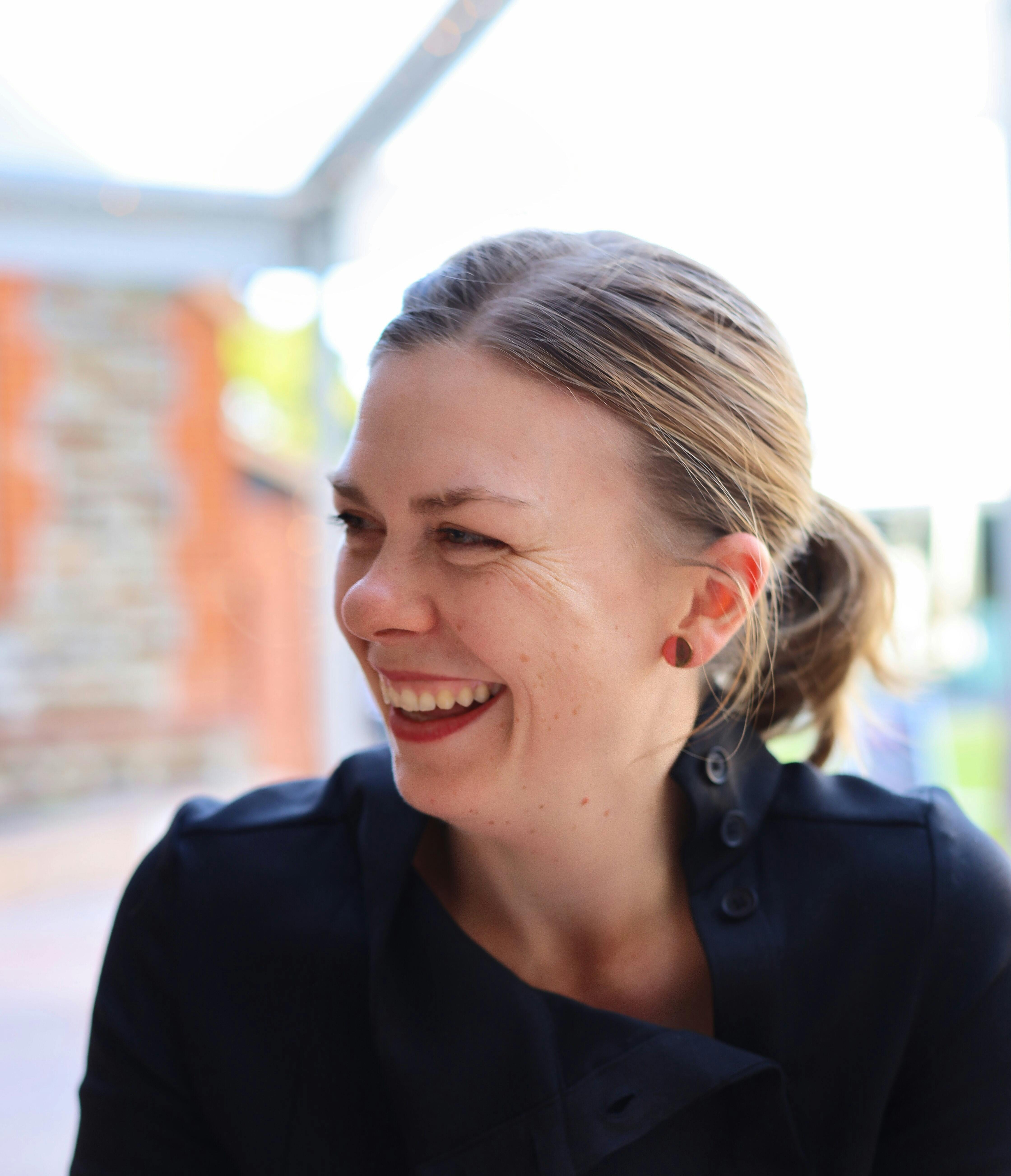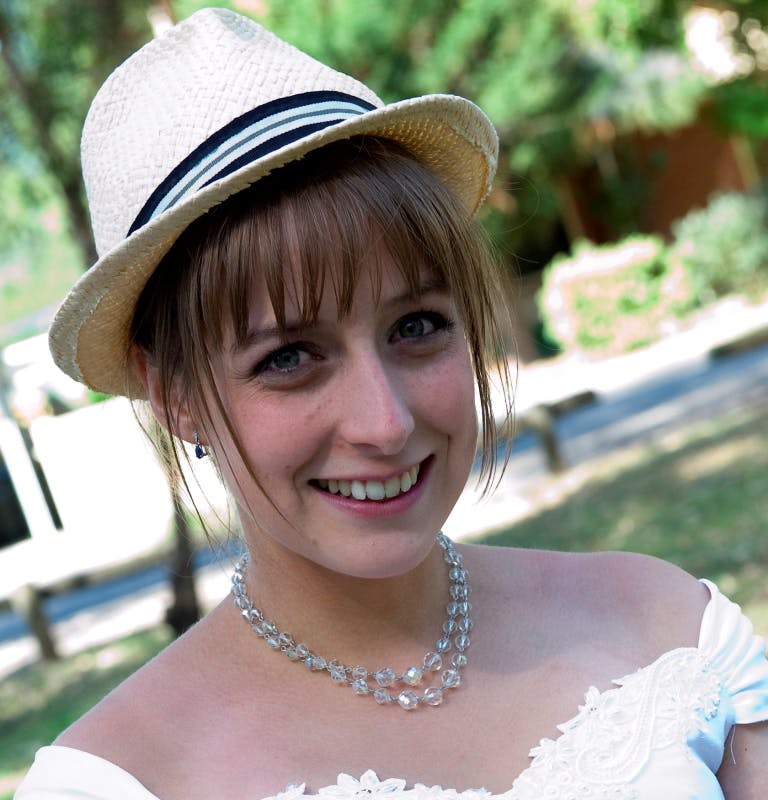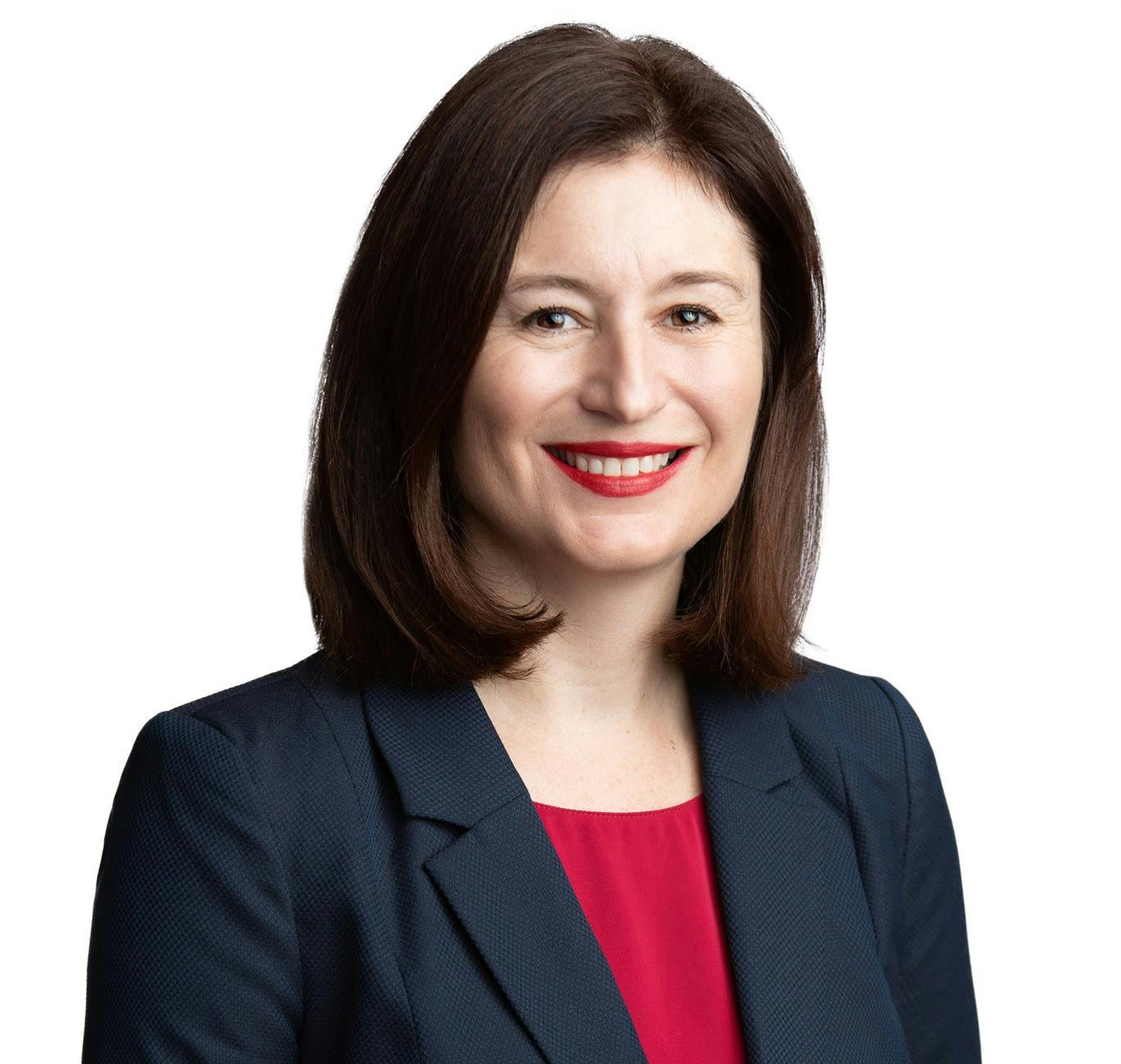Let's step it up: What's next for a low carbon Adelaide?
Consultation has concluded.
Update December 2022
This engagement closed on 11 December 2022. Staff are currently reviewing your feedback.
Update October 2022
Tell us your thoughts on our Draft Climate Action Plan 2022–2025 and Climate Policy.
After our extensive consultation process in March and April 2022, we have developed a draft Climate Action Plan 2022-2025 and Climate Policy to support the City of Adelaide's Carbon Neutral Strategy 2015 - 2025.
The Climate Policy and Climate Action Plan have been shaped by the thoughts of over 300 members of our community and will help build on our previous successes in climate action, as well as accelerate new climate action within our own operations and the community.
To hear what our community has been saying check out our Voices of our Community videos on the right-hand side of this page or by clicking here.
Did we get it right?
Have your say and tell us what you think about our proposed:
How to have Your Say:
 |  |  |
| Quick Poll Contribute your feedback via the Quick Poll Click here for the draft Climate Policy Quick Poll Click here for the draft Climate Action Plan Quick Poll | Survey Provide feedback through our short surveys. Approximately 5 minutes each. Click here for the draft Climate Policy survey Click here for the draft Climate Action Plan survey | Please email your questions or comments to: |
Survey and Quick polls close Sunday 11 December 2022.
*An updated survey was posted on 24/11/22. All survey submissions prior to this date have been recorded and a second submission is not required.
Both the draft Climate Policy and draft Climate Action Plan 2022-2025 have been endorsed by Council for community consideration.
Copies of these documents can be found on the right-hand side of this page or by clicking here for the draft policy and clicking here for the draft plan.





